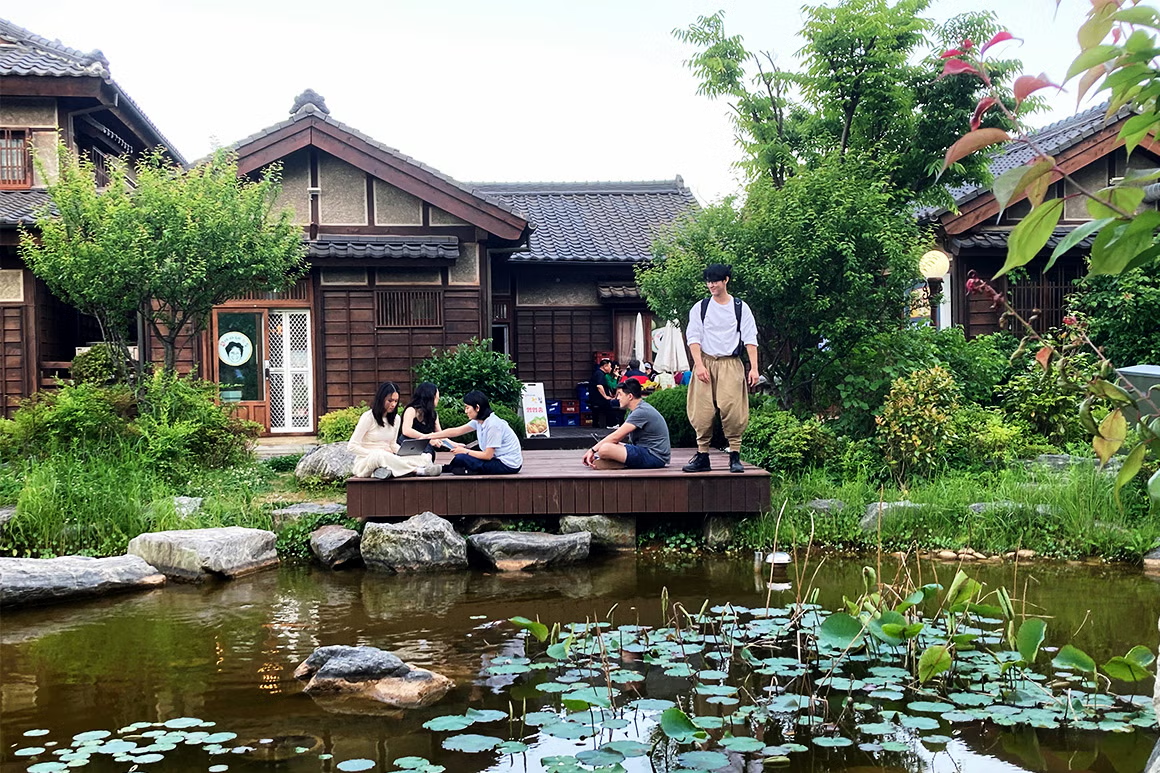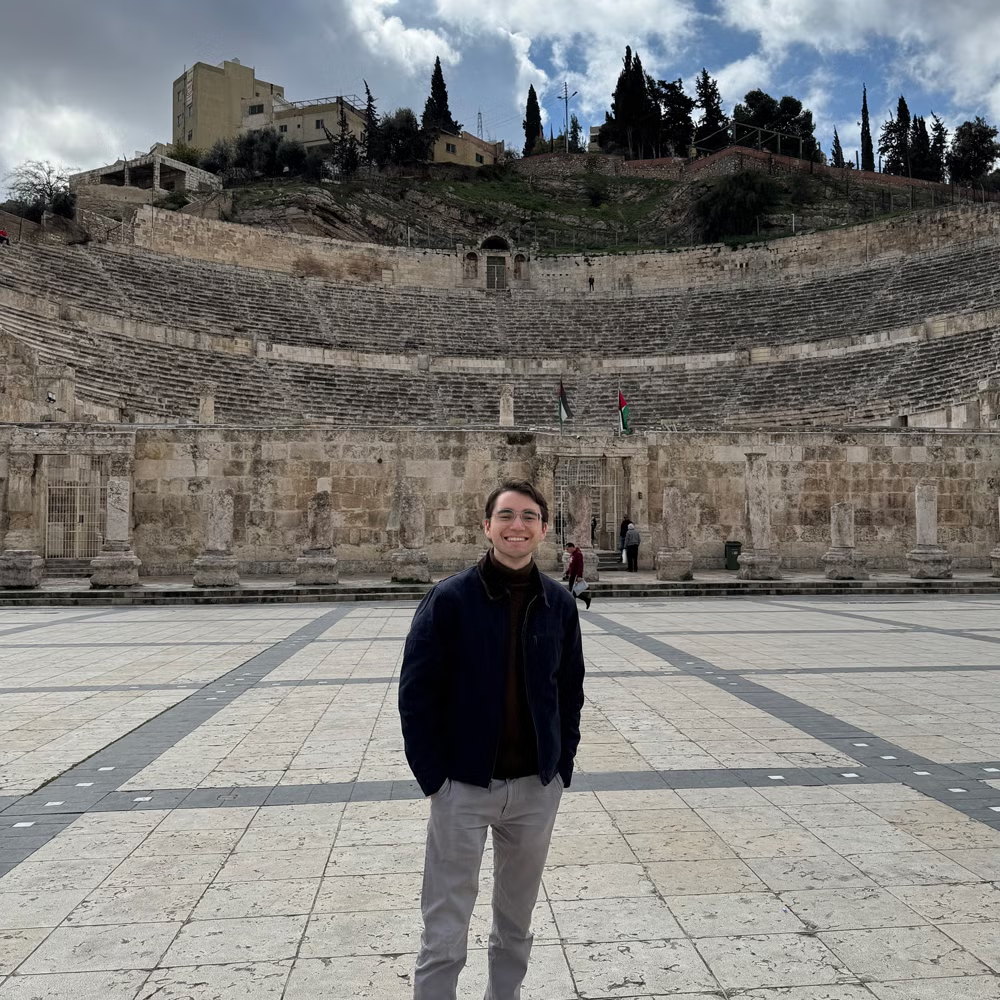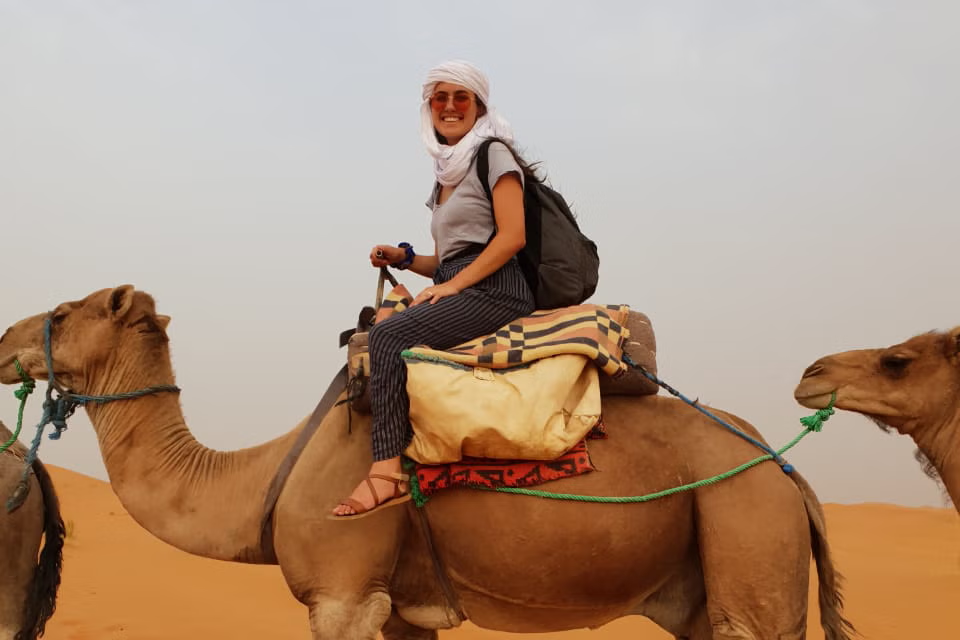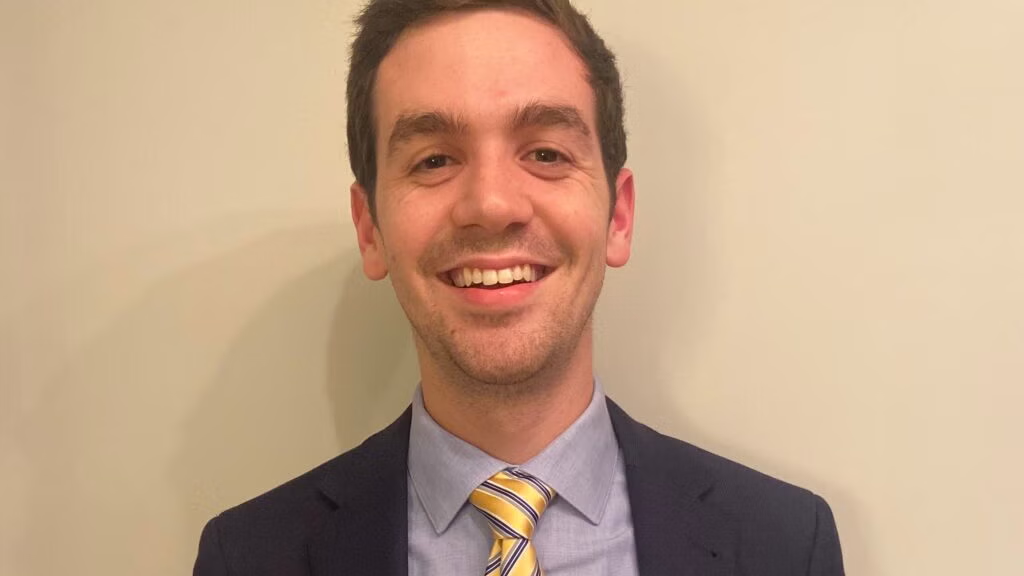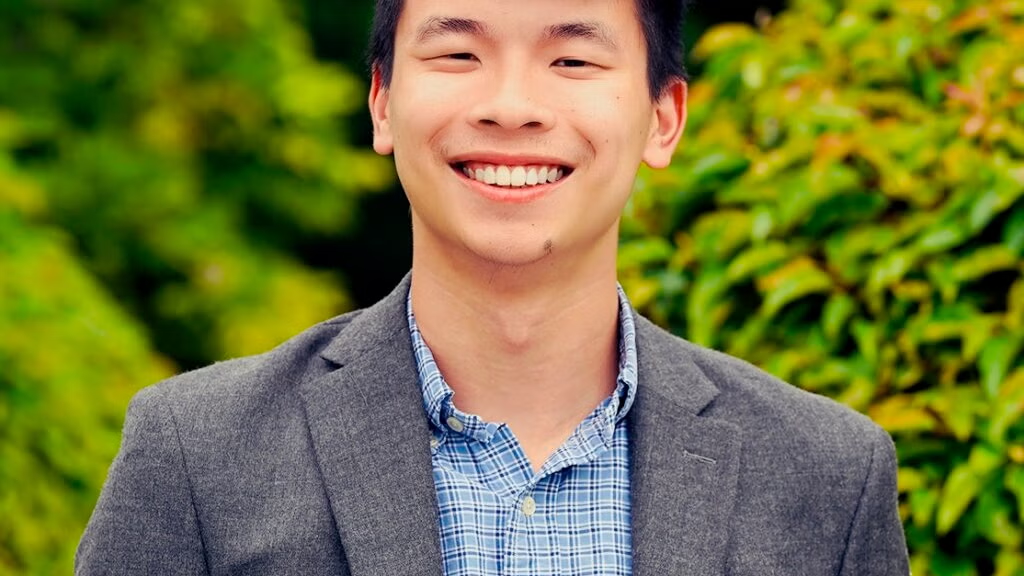Global Experiences
At SFS, students learn in the field and around the world.
Over 80% of our undergraduate students spend time abroad through international courses, study-abroad programs, internships, conferences and research trips.
At the Georgetown University School of Foreign Service (SFS), we have created unique opportunities for students to test their knowledge in real world experiences in every region of the world. The Global Experience program places students in the field to learn from the people impacted by global challenges.
Undergraduate global experiences
Explore a variety of dynamic short-term and long-term global experiences, including our signature, field-based, Centennial Labs and semesters abroad, academic exchange opportunities and available funding options, that will enhance your undergraduate degree at SFS and shape your future.
Graduate global experiences
As a School of Foreign Service graduate student, you will apply your knowledge in research projects, internships, and and consulting with real clients in experiences around the world.
